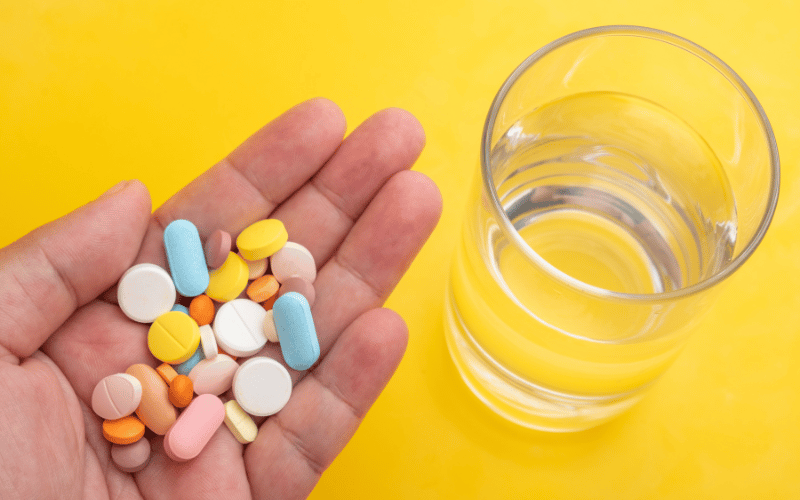Fact 12: Medications Might Intensify Bruxism

Several studies have pointed towards a correlation between certain medications and the intensification of bruxism. Specifically, antidepressants, antipsychotics, and even some antihistamines can act as potential triggers. When starting a new medication, it’s not uncommon for individuals to experience side effects, and for some, increased teeth grinding or clenching becomes one such unforeseen consequence.
Many antidepressants, particularly those classified as SSRIs (selective serotonin reuptake inhibitors), influence the levels of serotonin in the brain. Serotonin plays a pivotal role in mood regulation, but alterations in its levels, especially increases, can lead to unintended muscle movements. For some individuals, this manifests as heightened bruxism, especially during the REM stages of sleep.
Given the potential link between certain medications and bruxism, it becomes crucial for individuals to be vigilant. If one notices increased grinding or clenching after starting a new drug, it’s essential to report these observations to a healthcare professional. Adjustments in dosage or even switching to a different medication can often alleviate the problem. Regular dental check-ups also play a role in identifying any damage or wear to the teeth due to medication-induced bruxism.
At the end of the day, medication decisions often involve weighing the benefits against the potential side effects. For someone grappling with severe depression, the advantages of an antidepressant might far outweigh the nuisance of increased teeth grinding. However, being informed, vigilant, and proactive in managing side effects ensures that one’s overall health—mental, dental, and otherwise—remains in optimal balance. (12)